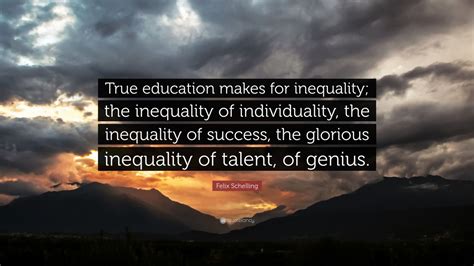A Quote by Judith Martin
The rationale that etiquette should be eschewed because it fosters inequality does not ring true in a society that openly admits to a feverish interest in the comparative status-conveying qualities of sneakers. Manners are available to all, for free.
Related Quotes
To sacrifice the principles of manners, which require compassion and respect, and bat people over the head with their ignorance of etiquette rules they cannot be expected to know is both bad manners and poor etiquette. That social climbers and twits have misused etiquette throughout history should not be used as an argument for doing away with it.
There are two qualities that make fiction. One is the sense of mystery and the other is the sense of manners. You get the manners from the texture of existence that surrounds you. The great advantage of being a Southern writer is that we don't have to go anywhere to look for manners; bad or good, we've got them in abundance. We in the South live in a society that is rich in contradiction, rich in irony, rich in contrast, and particularly rich in its speech
Manners are made up of trivialities of deportment which can be easily learned if one does not happen to know them; manner is personality - the outward manifestation of one's innate character and attitude toward life.... Etiquette must, if it is to be of more than trifling use, include ethics as well as manners. Certainly what one is, is of far greater importance than what one appears to be.
Society never progresses because the majority one day wakes up and says, “Let’s do things differently.” The majority didn’t wake up and say, “Oh, let’s just free the slaves.” ... Society always progressed because a relatively small group of people — usually considered outrageous radicals by the status quo of their time — had a better idea and articulated another way. That’s simply how evolution works; it’s the mutation — the member of the species who does things differently - that points the way to the future because they’re better adapted for survival.
This is another thing which I really like investigating in my novels: what is it that makes an intimate society, that makes a society in which moral concern for others will be possible? Part of that I think are manners and ritual. We tried to get rid of manners, we tried to abolish manners in the '60s. Manners were very, very old-fashioned and un-cool. And of course we didn't realise that manners are the building blocks of proper moral relationships between people.
Shame is the proper reaction when one has purposefully violated the accepted behavior of society. Inflicting it is etiquette's response when its rules are disobeyed. The law has all kinds of nasty ways of retaliating when it is disregarded, but etiquette has only a sense of social shame to deter people from treating others in ways they know are wrong. So naturally Miss Manners wants to maintain the sense of shame. Some forms of discomfort are fully justified, and the person who feels shame ought to be dealing with removing its causes rather than seeking to relieve the symptoms.
There are contradictory tendencies in American society. There's a huge range of activities that one can engage in that mark it as a quite free society. It's also true to say that the powers that be have so much control over how people think that there are fewer and fewer people who make use of the rights and information available to them.































